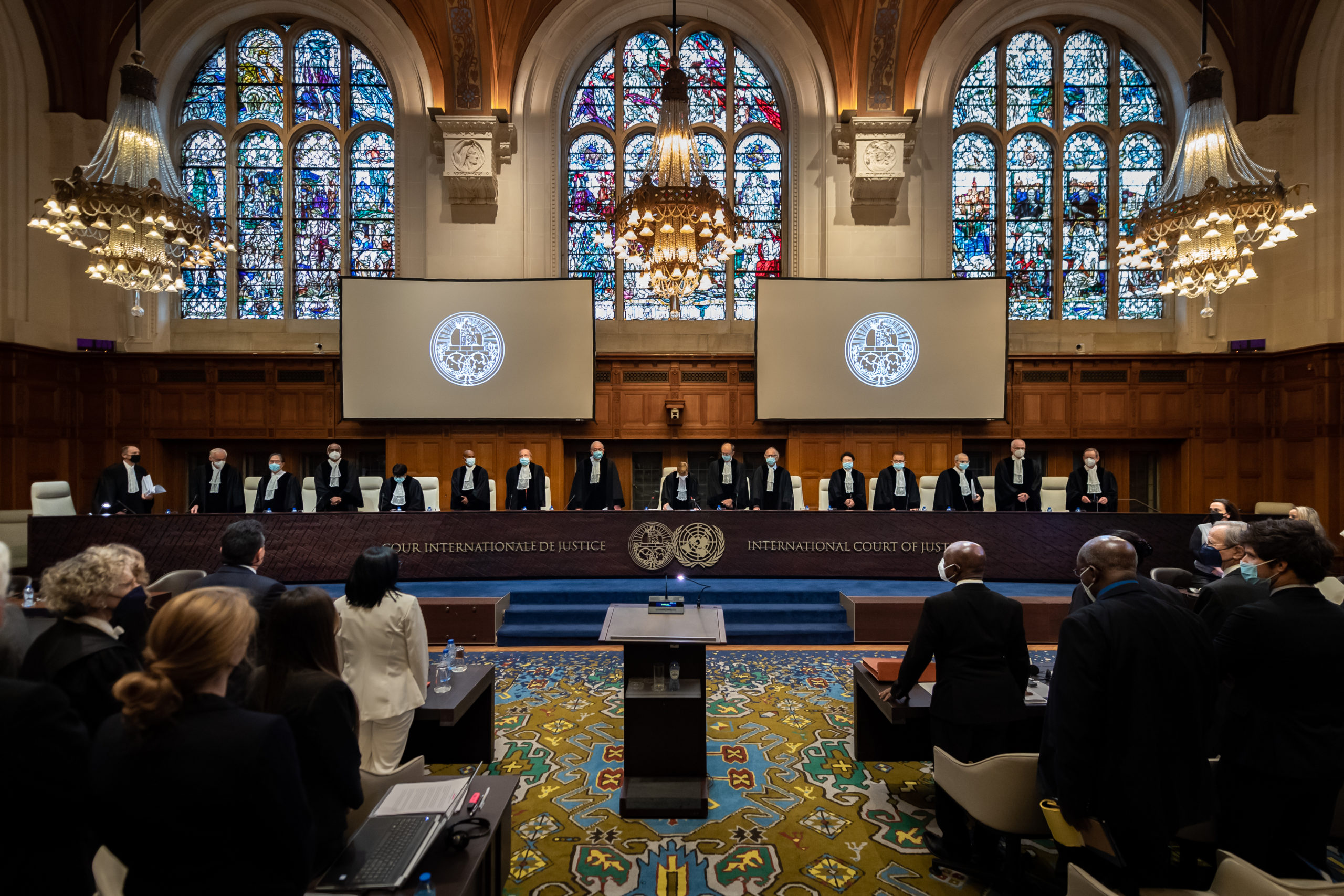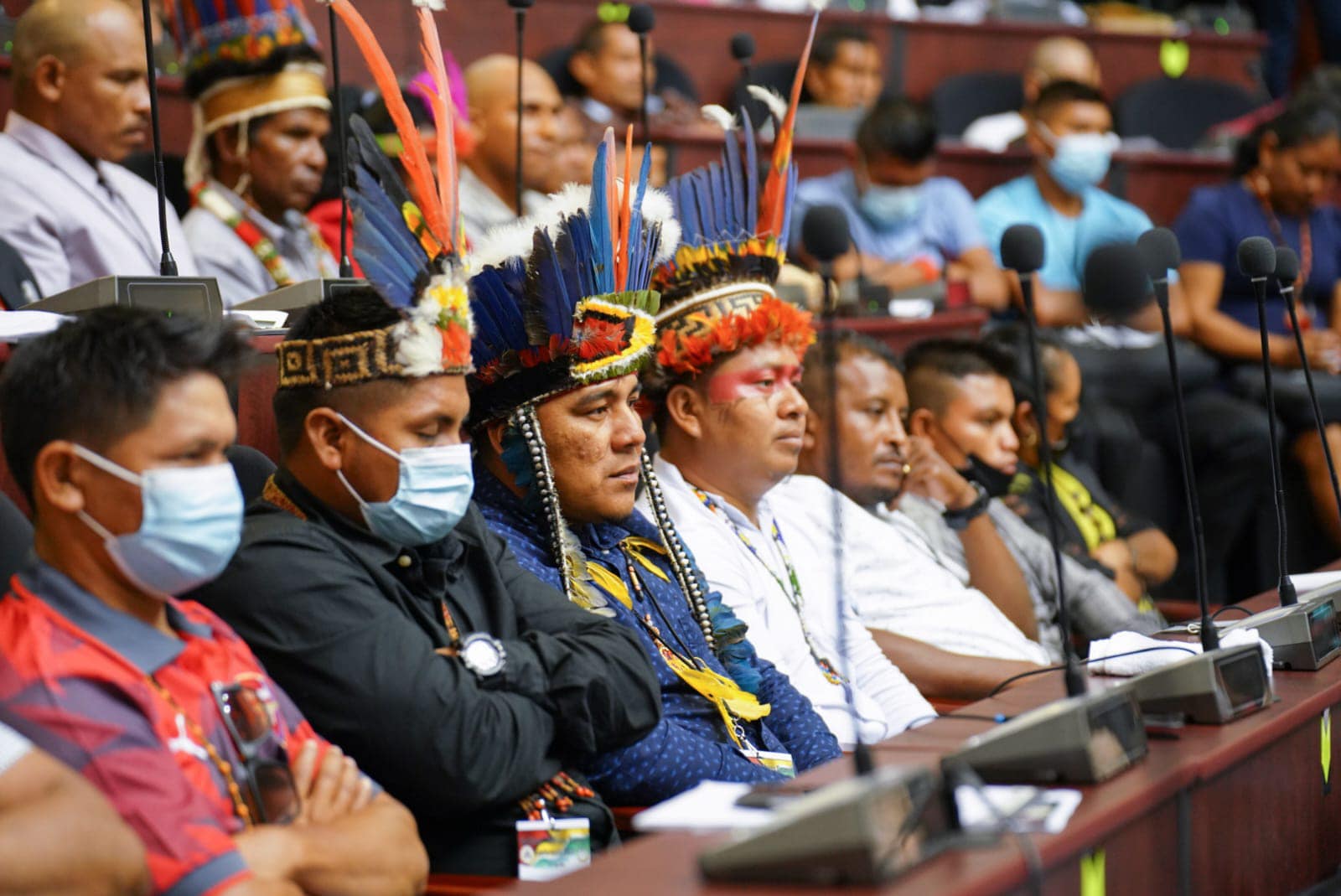
The International Court of Justice (ICJ) will on Friday, December 01, 2023 deliver its Order on Guyana’s request for provisional measures to prevent Venezuela from taking action through its provocative referendum over Guyana’s territory – Essequibo.
The referendum is set for December 03 in Venezuela but with the border controversy case before the ICJ, Guyana hopes the Court will stop it from going forward.
In its request, Guyana seeks from the Court an Order preventing Venezuela from taking any action to seize, acquire or encroach upon, or assert or exercise sovereignty over the Essequibo Region or any other part of Guyana’s national territory, pending the Court’s final determination.
The Court is tasked with determining the validity of the Arbitral Award that established the land boundary between the two States, and the final and binding nature of that boundary.
Guyana has issued repeated statements denouncing the aggressive new measures taken by Venezuela in furtherance of its groundless and unlawful territorial claim to Guyana’s Essequibo Region.
Guyana insists, as does CARICOM, the Secretaries-General of the United Nations and Organization of American States, and the entire international community, that the controversy over the validity of the Arbitral Award and the land boundary must be resolved by the International Court of Justice, which will assure a just, peaceful, binding and permanent solution to this matter, in accordance with international law.
In fact, the Court itself has determined, in two separate Orders, that it has the exclusive jurisdiction to resolve this matter, and that it will do so. Twice Venezuela has formally objected to the Court’s jurisdiction, and both times the Court overwhelmingly rejected Venezuela’s objections.








awesome.i trust the court will rule in our favour.God willing.